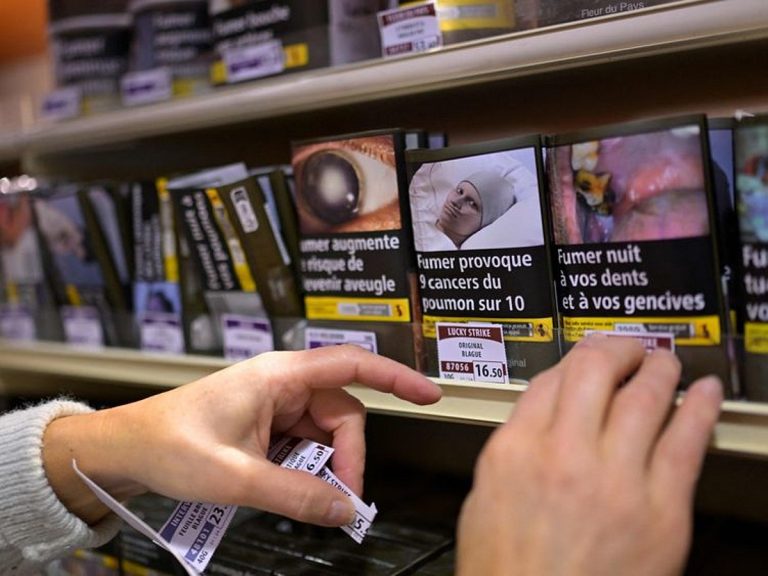Oman to Ban Unlabeled Soft Drinks and Energy Beverages
Starting November 1, 2025, Oman will enforce a ban on the sale and distribution of soft drinks and energy beverages that lack the required digital tax stamp. This initiative by the Omani Tax Authority aims to enhance product safety and ensure compliance with national standards, ultimately protecting consumers from unverified products.
Purpose of the Ban
The introduction of the digital tax stamp (DTS) is part of a broader effort to regulate the beverage market in Oman. All excise beverages must display this distinctive mark to be legally sold or distributed. However, it is important to note that sweetened drinks are exempt from this requirement.
Compliance Requirements
Retailers and distributors are urged to verify that all products in their inventory carry the necessary tax stamps before making sales. The Tax Authority has made it clear that there will be no extensions to the compliance deadline, emphasizing the importance of adherence to these new regulations. Importers, manufacturers, and retailers must act promptly to ensure their products remain available in the market after the deadline.
FAQs
Why is Oman banning unlabeled soft drinks and energy beverages?
The ban aims to protect consumers by ensuring that all beverages meet safety and quality standards through the use of digital tax stamps.
What products are exempt from the digital tax stamp requirement?
Sweetened drinks are exempt from the requirement to carry a digital tax stamp.
What happens if retailers do not comply with the new regulations?
Retailers who fail to comply with the regulations by the deadline will not be allowed to sell or distribute affected products in Oman.
Conclusion
Oman’s new regulations on beverage labeling are set to take effect soon, requiring all excise beverages to display digital tax stamps. Retailers and distributors must ensure compliance to avoid disruptions in their sales. As the deadline approaches, it is crucial for all stakeholders in the beverage market to act swiftly to adhere to these new standards.
The implementation of the digital tax stamp system is part of Oman’s ongoing efforts to modernize its tax framework and enhance regulatory oversight in various sectors. This initiative aligns with global trends where countries are increasingly adopting technology to improve transparency and accountability in the marketplace. By requiring a digital tax stamp, Oman aims to combat issues such as tax evasion and the sale of counterfeit products, which can pose significant risks to consumer health and safety.
The beverage industry in Oman has been experiencing growth, driven by rising consumer demand for a variety of drinks. However, this growth has also led to challenges, including the influx of unregulated products that may not meet safety standards. The introduction of the digital tax stamp is expected to help streamline the market by ensuring that only compliant products are available to consumers. This move is particularly relevant in the context of health concerns associated with excessive consumption of soft drinks and energy beverages, which have been linked to various health issues.
In addition to enhancing consumer protection, the new regulations may also impact the operational practices of businesses within the beverage sector. Companies will need to invest in systems to track and verify the digital tax stamps on their products, which could involve additional costs. However, this investment may ultimately lead to greater consumer trust and loyalty, as customers become more aware of the safety measures in place. The Omani Tax Authority has indicated that it will provide guidance and support to help businesses transition to the new system, ensuring that the implementation process is as smooth as possible.
As the deadline approaches, stakeholders in the beverage industry are encouraged to engage with the Tax Authority for clarification on compliance requirements. This proactive approach will not only help businesses avoid penalties but also contribute to a more regulated and safer beverage market in Oman. The successful rollout of the digital tax stamp system could serve as a model for other sectors in the country, promoting a culture of compliance and accountability that benefits both consumers and businesses alike.
Also Read:
Dubai Launches New AI Initiatives for Digital Growth







